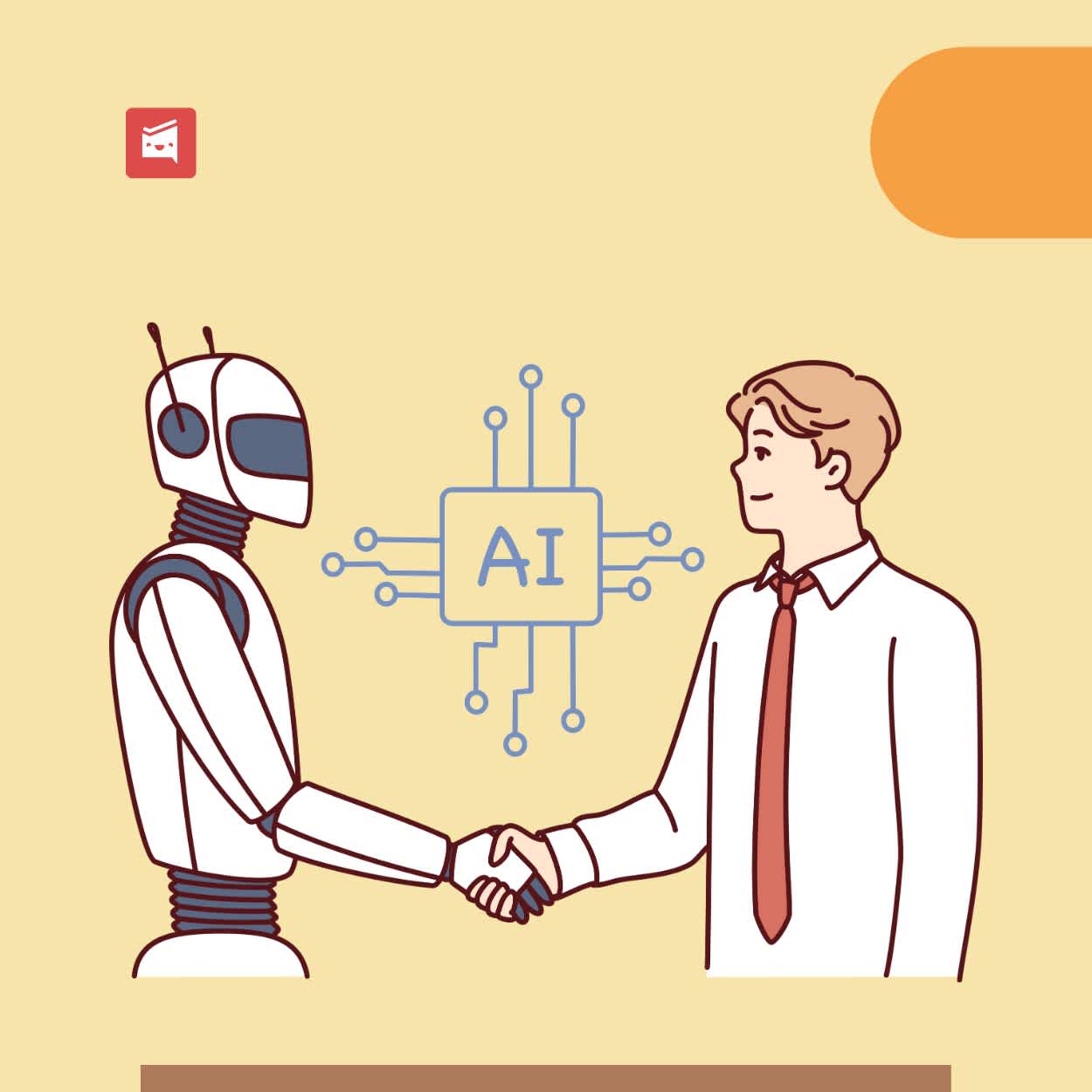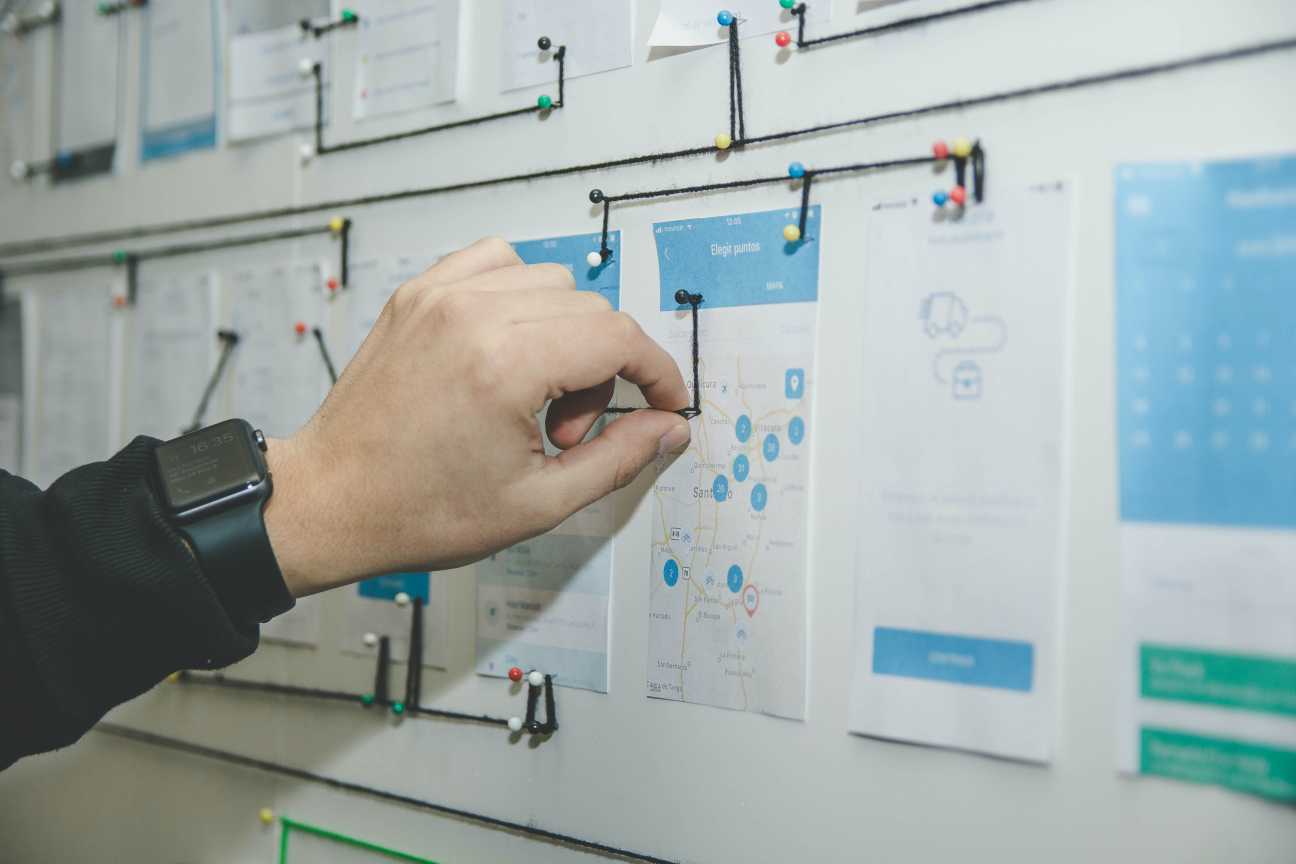How Generative AI Can Enhance Project Management
ByJulian Gette
Workast publisher

Workast publisher
Project management, much like many other business functions, is undergoing a process of rapid evolution. Thanks to disruptive, innovative and readily accessible new technologies rooted in generative artificial intelligence (AI) and large language models (LLMs), the traditional processes we’ve come to know are rapidly changing.
We all know that AI-powered chatbots like OpenAI’s ChatGPT, Google’s Bard, Bing’s Chat, and others can significantly boost productivity and efficiency. Their ability to generate text and content in seconds based on prompts, along with their inherent learning capabilities make them valuable content marketing aids.
Such solutions rooted in AI have the ability to make business operations significantly easier, even in terms of one of many business owners’ bugbears - project management. However, the key is to leverage this software with human input, creativity, and supervision to maximize its potential.
For instance, Workast as a leading project and task management solution may be able to organize work to suit your needs, with the help of templates and customization features. While you may, over time, find innovative uses for AI tools to help you complete many of the time-consuming tasks and projects, you will likely still need reliable, expert support should the software encounter unexpected issues. Relying solely on unsupervised AI for the purposes of project management presents you with numerous ethical and logistical challenges.
For all intents and purposes, project management software is there to make your day-to-day work life easier. Even tools like Asana, Trello and Jira require specialist technical assistance when widespread AI integration invariably causes an issue.
In order for us to leverage AI successfully, we must understand both the capabilities and limitations of generative AI in a project management context. This short guide will explore the most impactful ways that businesses can use this to enhance their project management efforts. As the global artificial intelligence market value is around 200 billion US dollars and is poised to experience a tenfold increase by the year 2030, reaching a staggering two trillion US dollars, it becomes imperative for project managers to harness the transformative potential of AI to stay competitive and achieve unprecedented levels of efficiency in their endeavors.
One of the most evident benefits of generative AI is its ability to automate repetitive, low-value tasks, ranging from emails and social media post generation to note-taking and report filling.
Ultimately, in any project management situation, teams need to dedicate most of their resources, time and energy to the work that is going to generate the highest return and impact.
What are some of the arduous and laborious tasks that can be left to a capable AI tool?
Meeting minute-taking - AI tools can listen to meetings and automatically generate concise, accurate meeting notes, action points, and areas of fervent interest. This eliminates the need for team members to manually take notes or generate text after listening repeatedly to recordings.
Status report drafting - Many status reports follow a standard template and format, which you could have even customized in your project management workflow. After providing the requisite information, AI tools can automatically populate status reports if needed.
Document creation - For frequently needed documents like monthly or quarterly reports, project plans, design documents, or statements of work, AI tools can generate drafts using provided outlines and parameters. These templates can significantly speed up the process of inputting data and metrics each month or quarter.
Task prioritization - By analyzing project details, AI can help prioritize tasks and create logical task sequences to streamline workflows. It can assign the highest priority tasks to users with sufficient amounts of capacity, having aggregated available hours to dedicate to tasks each week or month.
Clear and effective communication is vital for project success. While human interaction will always be predominant among teams, AI tools can assist in several ways.
These include:
Meeting prep - AI tools can digest background materials like past meeting notes, agendas, and reference documents to get up to speed and provide briefings or items for discussion in upcoming meetings.
Email drafting - For common email types like status updates, meeting follow-ups, or deadline confirmations, AI can quickly generate well-structured drafts. Again, this can be done rather quickly and easily having supplied the tool with some examples with which to follow.
Presentations - AI can take presentation objectives, key topics, and data inputs and generate first-draft presentations and supporting text for review and refinement. Balancing generative AI tools for text generation as well as image or video curation will be pivotal. These tools can save time, but human supervision remains integral.
Documentation - AI tools excel at synthesizing information from various sources into well-structured documents like FAQs, guidelines, reports, and more. Data-driven insights like these, summarized into an easy-to-digest, top-level document can inform future project management decisions.
It’s no secret that creative work like development, content writing, logo design, design and strategy planning (among many others) will require human ingenuity and perspectives to guide workflows.
Creative minds everywhere will be familiar with that proverbial ‘slump’ where inspiration is almost nonexistent. However, AI tools can be instrumental in stimulating creative thinking and getting the ball rolling. These include:
Ideation - AI tools can suggest additional directions and unconventional perspectives to consider when ‘brainstorming’ ideas for content, direction, or positioning. In turn, project management tasks can be adjusted accordingly.
Market analysis - By reviewing competitor and industry trends, AI can highlight potential opportunities worth exploring and gaps worth filling. The generative AI tools themselves can then produce briefs and evidence-based suggestions at scale.
Customer analysis - AI can digest customer data like demographics, behaviors, feedback, and more, to yield customer insights that teams may have overlooked or misjudged. In turn, this can guide new strategies and campaigns with greater precision.
Improvement prompts - When provided with details on current processes, workflows, and tools, AI can propose optimizations for consideration. It can present other integrations to consider as well.
Skilled project management involves anticipating potential risks and issues before they become problems. The ability to customize workflows to suit each business is crucial in this regard, but there are other ways that AI can be tied in to make risk management more straightforward and automated.
Predictive analytics - By analyzing past projects, AI tools can identify common risk factors and project characteristics that tend to correlate with issues arising. This allows teams to proactively monitor and mitigate these risks.
Sentiment analysis - AI can monitor language used in communications like emails and meeting notes to detect early warning signs of misalignment, confusion, or friction among team members or stakeholders.
Simulation - For complex projects, AI tools can simulate different scenarios to surface potential risks related to resource constraints, dependencies, scheduling misalignments, and more.
Pattern recognition - AI excels at recognizing patterns. This allows it to detect abnormalities or outliers compared to typical project metrics and timelines that may warrant intervention.
While widespread generative AI tools are set to become more widespread, project teams need to act now to ensure that their entire management solution can accommodate the inevitable integration of this technology.
Rather than relying exclusively on AI chatbots like ChatGPT, project teams need to take a methodical and considered approach to using them for the right types of tasks that make operations more efficient and teams more productive. Collaboration, documentation, task delegation, analysis, and creative ideation are all integral to successful project management, and AI can help in multiple facets of these processes.
However, it’s crucial to remember the importance of proper intervention (when necessary) and oversight of AI use in and beyond a business. The core work associated with project and task management still requires human expertise, but the repetitive and time-consuming tasks are where AI can take on more project management legwork, ultimately allowing teams to reassess their priorities.
With the right approach, AI and effective project management can help businesses execute projects smoothly and effectively, where creativity and productivity are both working at optimum levels.
